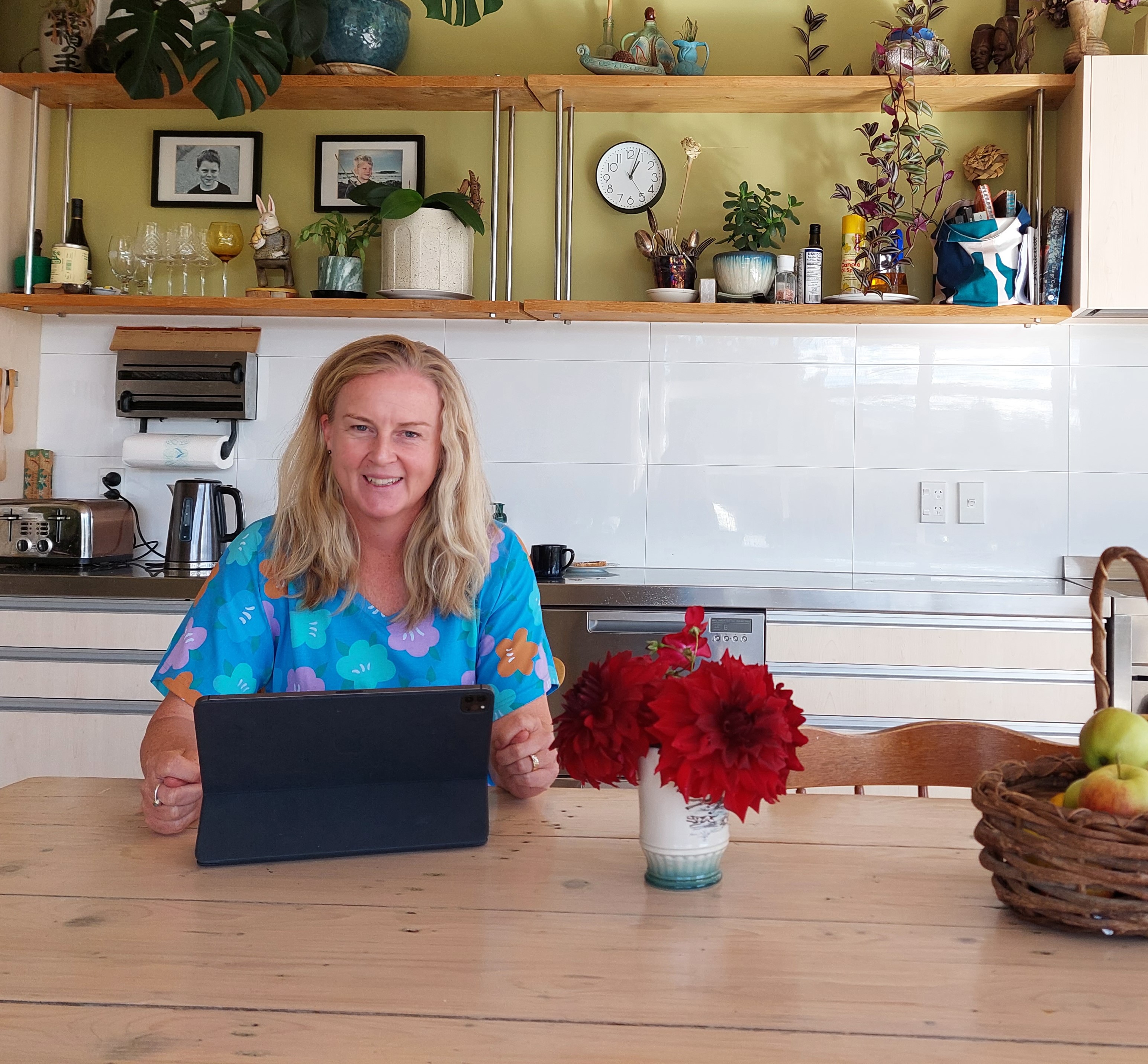-
-
Cr Gretchen Robertson
-
-
-
-
-
-
-
-
-
-
-
-
-
-

Cr Gretchen Robertson
Councillor - Dunedin Constituency
| Portfolio: | Science and Resilience |
| Email: | Gretchen.Robertson@orc.govt.nz |

ORC Chair Gretchen Robertson has a quiet but powerful personality. In her presence, feathers unruffle, argy stops bargy-ing. She puts this calming effect down to years of working with people in conflict.
“I enjoy positive outcomes and recognise that the way people behave can be because they are scared, or they just care a lot — and these are the people you most want to work with.”
After the last three years — all the turmoil amidst a challenging period — elected representatives clearly felt it was time for a more nurturing lead in local government, as across New Zealand, half of the country’s regional councils voted in female Chairs.
An Otago Regional Councillor since 2004, Gretchen’s path to Chair began post an honours degree in Ecology as a scientist at Otago and Wellington regional councils, monitoring fresh and coastal waters. Later she worked in community-led integrated catchment work, including project managing the first-ever large-scale catchment project in NZ, focussing on Otago’s very own Taieri River.
A memorable part of Gretchen’s preschool life was lived in a Kombi van, travelling New Zealand’s surf spots with boardriding dad and the labrador. Living off grid and mostly off kai moana, Gretchen learnt to crawl over sand dunes. Today Gretchen’s family like to go camping in a classic caravan up the Waitaki lakes.
“Our kids experience back-to-basics Kiwi holidays where the main entertainment is riding an inflatable double mattress down a rapid; the diet is sausages in bread; and, despite the constant hum of the nearby hydro dam, there is no power”.
Starting school was bound to be a shock to the system after her free-range childhood. Luckily, South Dunedin in the ‘80s was a colourful place to roller skate around; mohawked punks in studded leather living next door and breakdancers doing head spins at the park on pieces of cardboard. Always very sporty, Gretchen represented Otago in four fields: netball, touch, athletics, and swimming.
Stubborn and quite strong-willed, Gretchen was pragmatic even as a child. Showing early talent as an artist, by the end of high school Gretchen had to make a call between art school or studying science.
“I could see water was going to be an area of focus in the future, so I decided to go with science as my profession. I thought I could always come back to art later on.” And she has, exhibiting her photography, paintings, and silk-screen prints as recently as this year.
Gretchen sees this triennium as a healing time for both the council and the public.
“We’re making a real effort to tell our stories; we’re invigorated about this time. Every councillor is working very hard to connect with their communities.
“We finally have the science we need — it’s a time in our history when we know what’s going on and how to fix it. There’s a collective sense of rolling sleeves up; at the same time, we’re realistic — you can’t just snap your fingers and say, ‘Hey, here's a plan, great!’ and mentally dust off your hands like, ‘job done’ ̶ we have to work with each other and make changes, open our minds to new ways of doing things, because if we do the same old, same old, we’ll get the same outcomes. We like to focus on plans, but it can be like the bridge that never gets painted: you start at one end only to go all the way to the other and take so long you need to start again.
“We can achieve so much more by supporting community-led projects than we can by writing policies. We need to cement our role as a trusted, reliable partner in the relationship. We can achieve lots together, and iwi is crucial there, too, as we move forward according to Māori principles – where people are woven into the environment in an inextricable way.
“Our council is listening —we’re in a proactive phase, and it's very exciting.”
